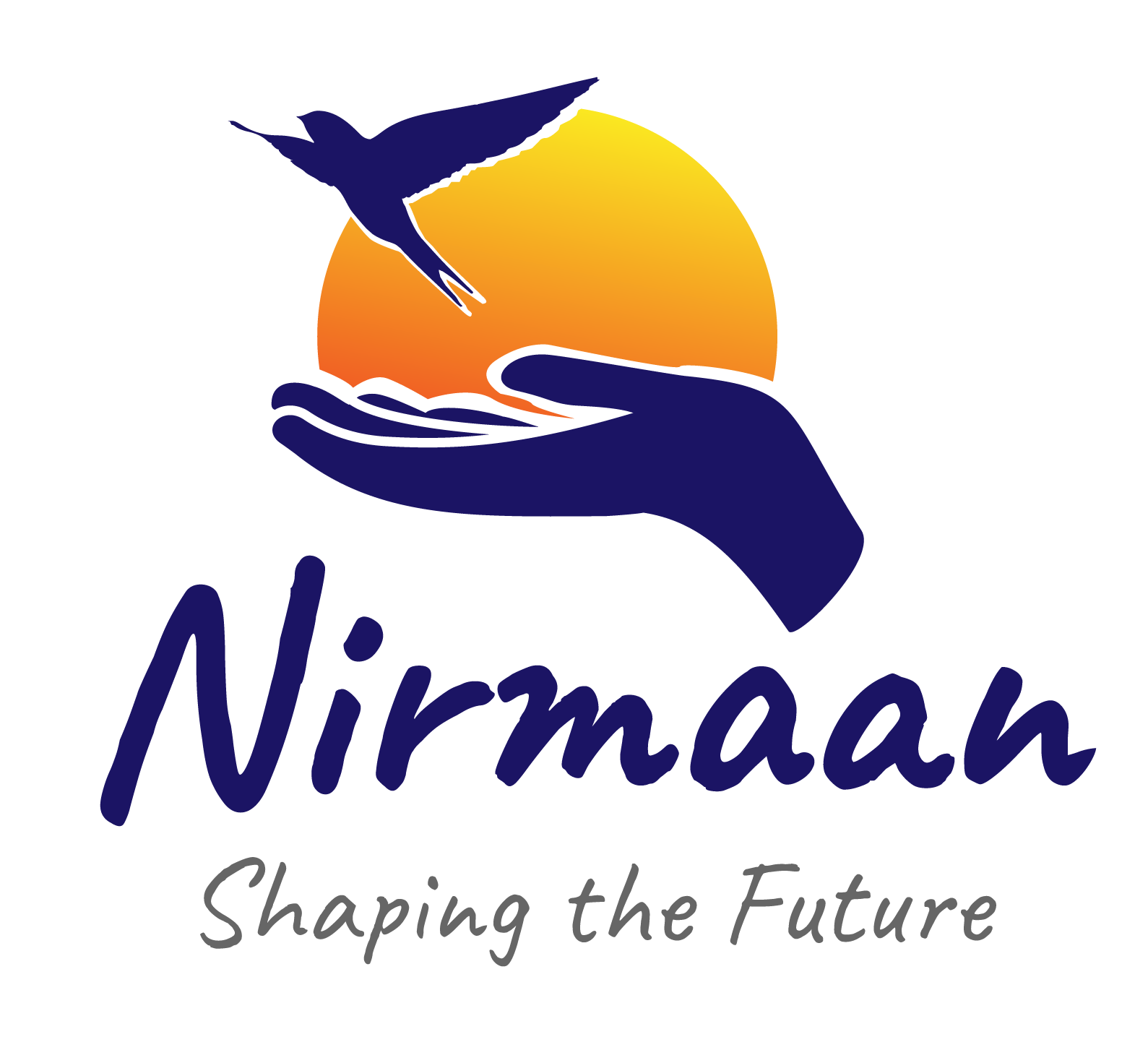Navigating Career Development with Virtual Reality
As we enter 2025, the landscape of career development is rapidly evolving, particularly with the integration of advanced technologies like Virtual Reality (VR). Emerging industries are increasingly recognizing the potential of VR to enhance skills acquisition and job readiness, offering innovative solutions for both employers and job seekers.

The Role of Virtual Reality in Skills Acquisition
Virtual Reality provides immersive experiences that traditional training methods cannot match. By simulating real-world environments and scenarios, VR enables individuals to practice and hone their skills in a safe and controlled setting. This method is particularly beneficial in fields such as healthcare, engineering, and manufacturing, where hands-on experience is crucial.
Benefits of VR in Career Development
- Enhanced Engagement: VR training is interactive and engaging, which can increase motivation and retention of information.
- Realistic Simulations: Trainees can experience realistic job scenarios that prepare them for actual workplace challenges.
- Flexibility: Users can access VR training modules anytime and anywhere, catering to diverse learning schedules.
Job Readiness in Emerging Industries
As industries like AI, renewable energy, and biotechnology continue to grow, the demand for job-ready candidates rises. VR can help bridge this gap by providing targeted training programs that align with the specific skills needed in these sectors. Employers can leverage VR to assess candidates' competencies and readiness for various roles.
Implementing VR in Career Development Programs
Organizations aiming to integrate VR into their training programs should consider the following steps:
- Identify Skills Gaps: Assess the skills that are currently lacking within the workforce and that are critical for future roles.
- Select Appropriate VR Solutions: Choose VR tools and platforms that fit the organization's specific training needs and budget.
- Measure Outcomes: Establish metrics to evaluate the effectiveness of VR training in improving job readiness and skills acquisition.
Conclusion: The Future is Now
Virtual Reality is not just a passing trend; it represents a significant shift in how we approach career development and job readiness. By embracing this technology, organizations and individuals can prepare for the future of work in emerging industries, ensuring that they remain competitive and skilled in an ever-evolving job market.



Leave a Comment
To post comment, please